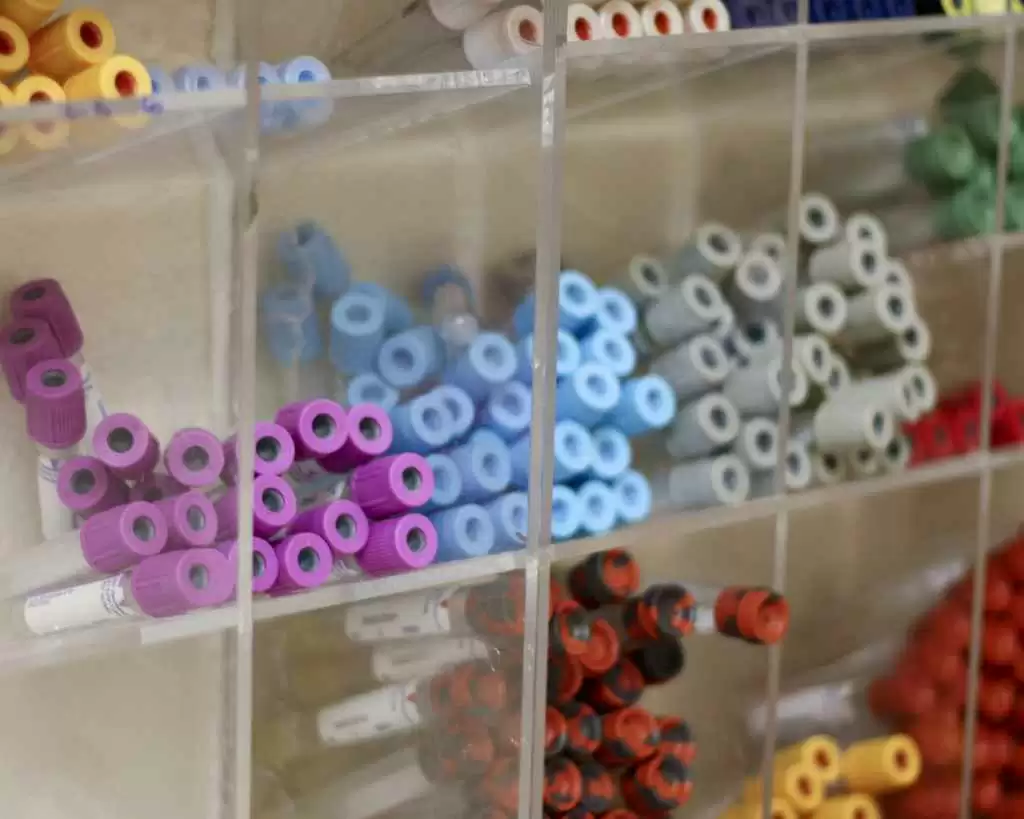
Celiac.com 07/03/2018 - The vast majority of celiac disease remain undiagnosed, and clinical testing is usually done on a case by case basis. Factor in vague or atypical symptoms, and you have a recipe for delayed diagnosis and unnecessary suffering. What determines who gets tested, and are current screening methods working?
A team of researchers recently set out to assess the factors that determine diagnostic testing, along with the frequency of clinical testing in patients with undiagnosed celiac disease. The research team included I. A. Hujoel, C. T. Van Dyke, T. Brantner, J. Larson, K. S. King, A. Sharma J. A. Murray, and A. Rubio‐Tapia. They are variously affiliated with the Division of Biomedical Statistics and Informatics, the Division of Internal Medicine, at the Division of Gastroenterology and Hepatology at the Mayo Clinic in Rochester, Minnesota.
Celiac.com Sponsor (A12):
For their case‐control study the team identified 408 cases of undiagnosed celiac disease from a group of 47,557 adults with no prior diagnosis of celiac disease. Their team identified undiagnosed cases through sequential serology, and selected unaffected age‐ and gender‐matched controls. They made a comprehensive review of medical records for indications for and evidence of clinical testing.
Over time, people with undiagnosed celiac disease were more likely than control subjects to present with symptoms or conditions that invite testing. This study makes a strong case that current clinical methods are ineffective in detecting undiagnosed celiac disease. Accordingly, the researchers urge the development and adoption of more effective methods for detecting celiac disease.
Source:






Recommended Comments
Create an account or sign in to comment
You need to be a member in order to leave a comment
Create an account
Sign up for a new account in our community. It's easy!
Register a new accountSign in
Already have an account? Sign in here.
Sign In Now